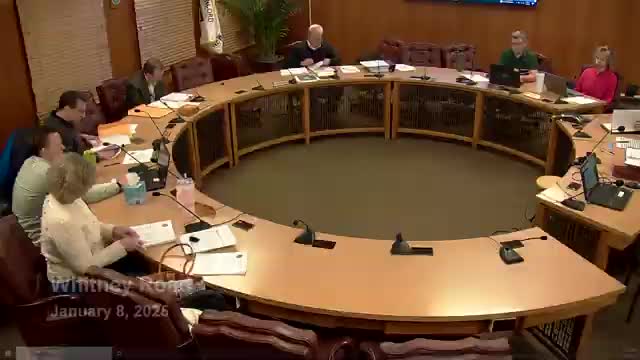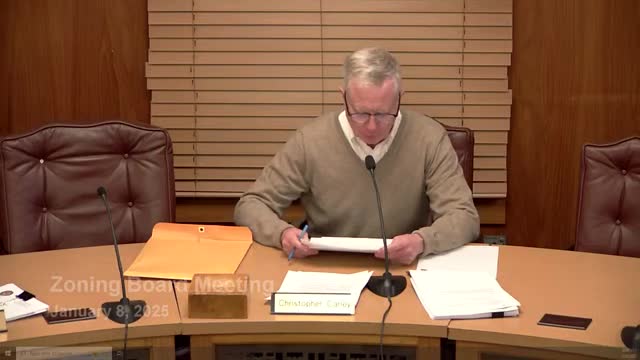Article not found
This article is no longer available. But don't worry—we've gathered other articles that discuss the same topic.

ZBA denies request to allow multifamily housing on industrially zoned North 40 site; board cites master-plan and industrial-land preservation

Zoning board tables decision on 1115 Pierce Street rooming-house request after testimony on sober-house operations and ADA issues

Zoning board grants variance to correct lot-coverage calculation at 11 Summit Street

